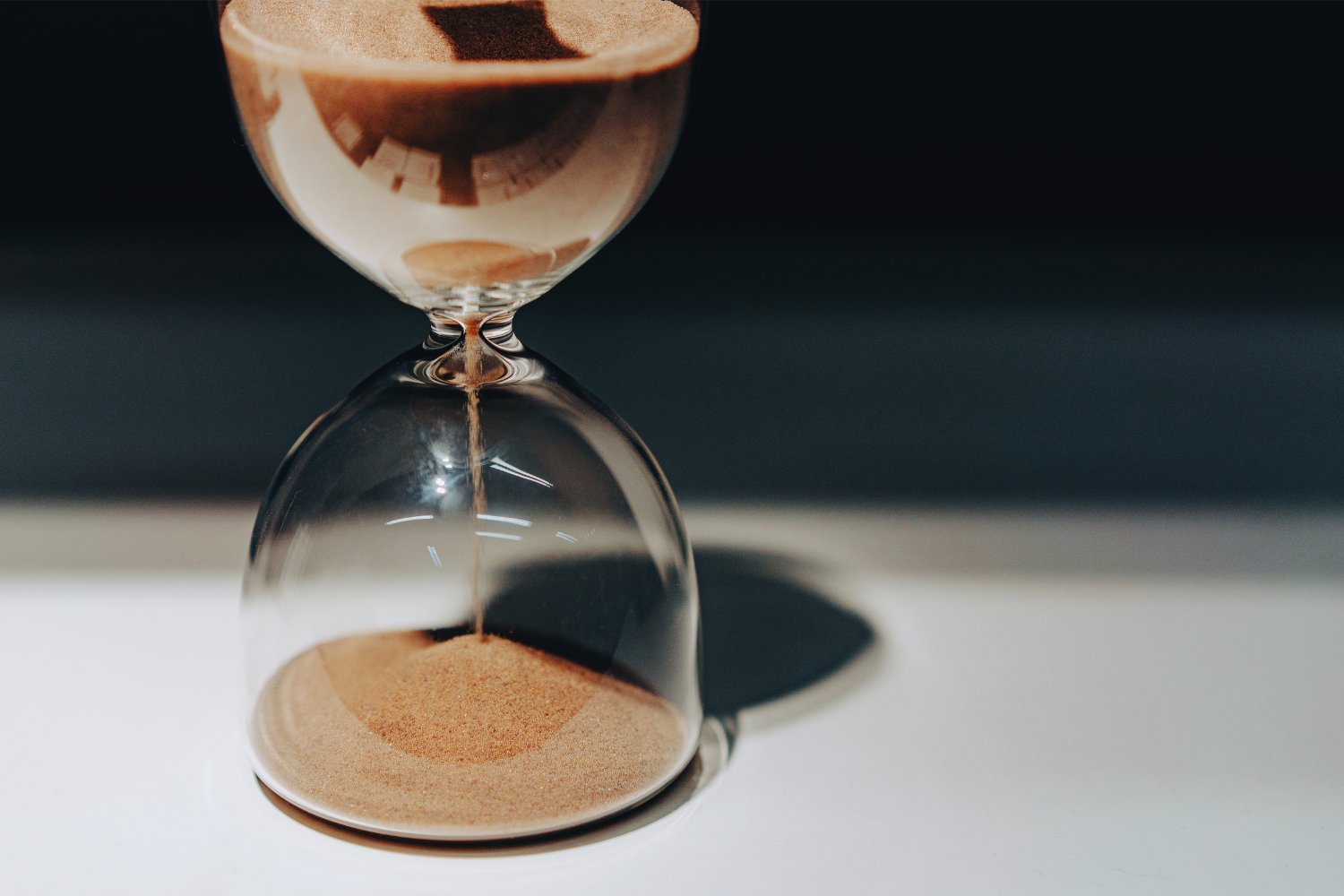The age-old adage that it takes 21 days to form a new habit might be a myth. Recent research suggests a more nuanced reality, indicating it can take significantly longer to truly ingrain a new behavior. If you’re striving for a lifestyle change, understanding this timeframe is crucial for setting realistic expectations and staying motivated.
New research from the University of South Australia challenges the popular 21-day rule. Their study, a comprehensive review of existing evidence on habit formation, reveals that establishing a new habit typically takes considerably longer than just a few weeks. While some individuals may experience quicker integration, the average timeframe stretches closer to two months, and for some, it can even take up to a year.
The 21-day myth, often cited as the magic number for habit formation, has been perpetuated for years. While some sources claim 18 or 28 days, the scientific evidence paints a different picture. Previous studies have already hinted at the complexity of habit formation, suggesting the 21-day rule is an oversimplification.
Unveiling the Science Behind Habit Formation
The University of South Australia researchers delved into the science of habit formation by analyzing data from 20 studies. These studies, involving over 2,500 participants, focused on healthy habits such as regular exercise, increased water intake, and consistent flossing. The key question researchers sought to answer was how long it takes to achieve “automaticity”—the stage where a behavior becomes automatic and requires minimal conscious effort.
Their analysis revealed a timeframe of 106 to 154 days on average for habit formation. The median duration, representing the midpoint of all the data, fell between 59 and 66 days. However, the study also highlighted significant individual variation. While some participants formed habits in as little as four days, others took as long as 335 days.
Understanding the Nuances of Habit Development
The researchers acknowledge the limitations of their review, noting the relatively small number of analyzed studies and the potential for bias in some of the included research. They emphasize the need for further, more robust studies to gain a deeper understanding of habit formation. Their findings, published last month in the journal Healthcare, offer valuable insights into the timeline of habit development.
“Emerging evidence on health-related habit formation indicates that while habits can start forming within about two months, the time required varies significantly across individuals,” the researchers stated in their published paper.
Encouragement for Aspiring Habit Changers
While the extended timeframe might seem daunting, the researchers offer encouragement for those struggling to adopt new habits. Their findings underscore the importance of patience and persistence, reminding us that change takes time.
Strategies for Successful Habit Formation
Beyond understanding the timeframe, there are evidence-based strategies to improve the likelihood of successfully integrating a new habit. Lead study researcher Ben Singh, in a statement from the university, highlighted key factors: “When trying to establish a new healthy habit, success can be influenced by a range of things including how frequently we undertake the new activity, the timing of the practice, and whether we enjoy it or not. If you add a new practice to your morning routine, the data shows that you’re more likely to achieve it. You’re also more likely to stick to a new habit if you enjoy it.”
In conclusion, forming a new habit is a personal journey, with the timeframe varying significantly between individuals. While the 21-day myth persists, research suggests a more realistic expectation of two to six months. By embracing patience, utilizing proven strategies, and finding enjoyment in the process, you can increase your chances of successfully adopting and maintaining healthy lifestyle changes.











